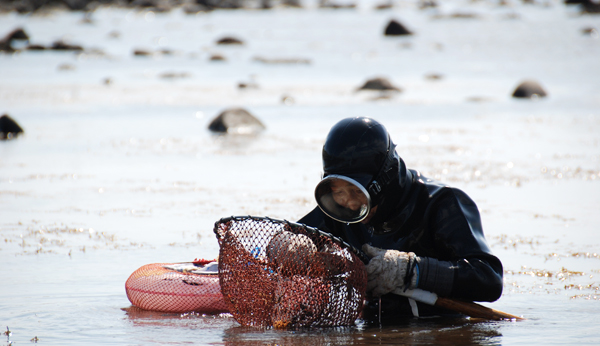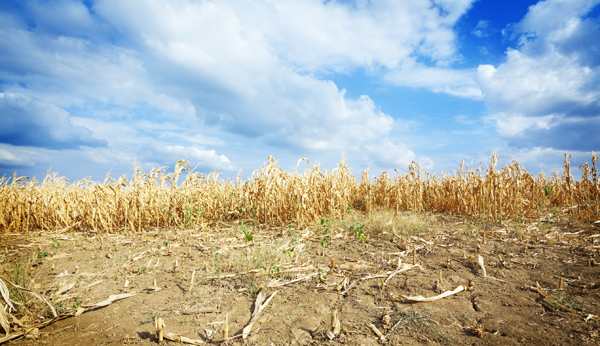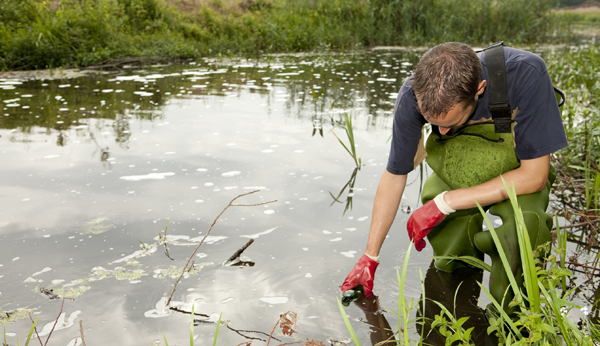Faculty
Takahiro TSUGE
Profile
Born in 1976 in Nara Prefecture. Graduated from Faculty of Economics, Doshisha University. Completed doctoral course of Graduate School of Economics, Kobe University. Lecturer at Faculty of Regional Policy, Takasaki City University of Economics, associate professor and professor at Faculty of Economics, Konan University, and from 2020 to present, professor at Graduate School of Global Environmental Studies, Sophia University. Ph.D. (economics). Visiting Scholar, Department of Agricultural and Consumer Economics, University of Illinois at Urbana-Champaign, Visiting Professor, Economics Department of the College of Social Sciences, University of Hawaii at Manoa. Tsuge, T., Mitani, Y, and Kuriyama., K. (eds) (2011) “The Latest Technique of Environmental Valuation.” Keiso-shobo. [in Japanese], Kuriyama, K., Tsuge, T., and Shoji. Y, (2013) “Introduction to Environmental Valuation for Beginners.” Keiso-shobo. [in Japanese].
Introduction to Prof. Tsuge's Research Activities
My research field is environmental economics which employs economics analysis techniques to consider the causes of environmental problems and to explore effective countermeasures. Especially, I have been working on the economic valuation of the environment. Economic valuation of the environment enables the estimation of the benefits of environmental protection and the costs of environmental destruction, therefore economic analysis such as cost-benefit analysis of environmental policies becomes possible. Since solving environmental problems requires knowledge in various fields, I participate in interdisciplinary research projects composed of researchers from various fields and conduct joint research.
Education and Research Focus at GENV
I hope both the students who specialize in environmental economics and the students who do not specialize in environmental economics will study environmental economics since the understanding of the basic concepts of economics is useful to explore effective and efficient environmental policy. No prior knowledge of economics is required. Basic mathematical knowledge is required so that explanations using figures can be understood.
What can students learn from taking Prof. Tsuge's courses?
I provide lectures on economic approaches to environmental issues. In "Environmental Economics", I explain the "economic instruments of environmental policy," those are policy tools to reduce environmental burdens by utilizing market mechanisms. In "Economic valuation of the natural environment", "environmental valuation methods" those are techniques to evaluate the economic value of the environment are explained. Upon completion of the courses, students should be able to understand the economic aspects of representative environmental issues and to propose efficient measures by analyzing environmental issues using the analysis method of economics.
Research Seminar Synopsis
Students choose topics from the various environmental issues including climate change, waste management and recycling, biodiversity conservation, corporate social responsibility, transboundary pollution, and resource/energy issues and explore the solutions of the issues using economic and econometric analysis. To acquire the knowledge required to understand the papers in academic journals and books and to be able to analyze the environmental issues from an economics perspective based on that knowledge is the goal. Training on presentations, discussions, and writing is also provided.







